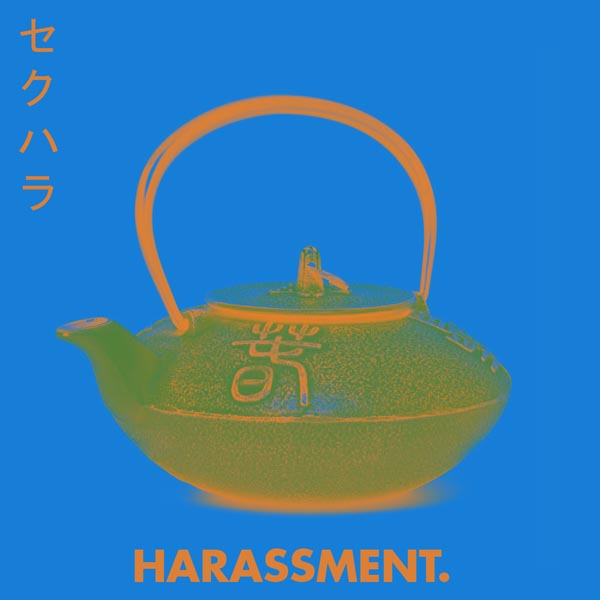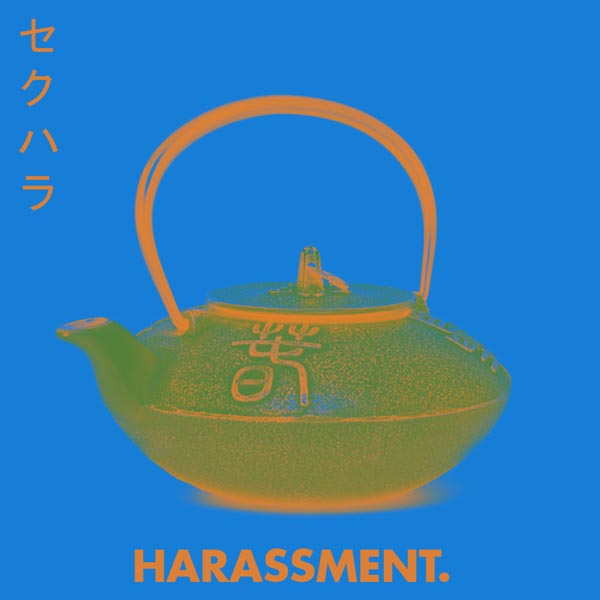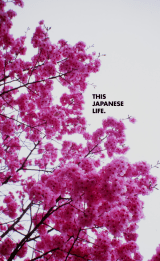
I haven’t written in over a year, but I wanted to share my photographs from the month I spent in Kathmandu.
It was my liminal phase between Japan and London. The relaxed, chaotic atmosphere of Kathmandu was a stark contrast the clean social and architectural lines of Japan. On several of my bus rides through winding mountain creeks, faced with the anxiety of starting a new life after Japan, I fantasized about getting off the bus and simply living wherever I ended up.
The people of Nepal are tremendous. We praised Japan for its orderliness in the wake of the triple disaster in March 2011; Nepal has no such order on the best of days. But it had dignity and strength and intelligence. The people I saw were creative and ingenious designers of solutions for problems that, through sheer dumb luck, many of us in the United States would never imagine confronting.




I took these photos in Kathmandu in 2013. Looking through pictures of the disaster in Nepal, many of them have been transformed into piles of smashed brick and dust. Temples have crumbled. The city had always felt precarious, its bricks laid on top of bricks like a Jenga tower. No central planning office, just a patchwork of buildings hatched through hundreds of years of maximizing space.
I’m sorry for the saccharine nature of all this, but I am honestly heartbroken. It was only two days before this disaster that I sat in a Nepalese restaurant safely reminiscing over momos about my time there with another traveler. Both of us had come to the conclusion that, indeed, if we hadn’t ever left Nepal, we might still have been happy.


Humanity doesn’t often do stuff together, but it did this: It collected billions of dollars for the Earthquake in Japan. People thanked me for it, personally, for months — years — in the streets when I traveled in Japan; practicing their English by saying thank you America for its help.
Japan saw billions of dollars in aid and in charitable donations. I’d love if the same community that cared so much for Japan could give a modest and thoughtful contribution of what they can to one of the following organizations that can help Nepal.
Nepal does not have the infrastructure of Japan. Compared to Japan, Nepal is economically irrelevant. But its people are some of the warmest, and funniest, and kindest that I have met. I’m sure we all know that this should be more important than economic status. We also, most likely, know that “should” does not equal “does.”
It is only a stroke of luck that all of us are where we are. In our best visions of parallel lives, we might imagine a different life. Had we been born outside of the English-speaking world with the technology and wealth and power to insulate us from the harshest of realities.
Nepal is hard. Power outages were a fact of life. Plumbing, not so much. And yet – and yet! Here is a city dense with its own kind strange kind of beauty. In Kathmandu, I could wander through a courtyard into a dense maze of apartments, and stumble into an ornate temple, over a thousand years old. Not a museum piece, though it could be — instead, part of the real, breathing daily life of the people who live there. Kids playing soccer against a shrine older than the United States of America; a statue older than the discovery of North America sits perched between the doors to a television repair store.
Much of that heritage is lost; much of the city I have photographed here has been, quite frankly, obliterated. But the people remain, and I hope you will join me in helping them in any way you can. Again, no matter how modest your contribution is – even five dollars! – if enough of us do it rather than do nothing, it may build up to something meaningful.
You are going to see a lot of pictures of poor people from Kathmandu crying. You are going to see pictures of children looking sad at cameras, and, without even thinking about it, you are going to see how different they seem from you, and your life.
They aren’t. I promise. These are people who live and thrive and work and play, who laughed with me with the same head-shaking and shrugging when our bus had to stop for a herd of lost goats.
Nepali people are suffering, but they aren’t “poor people” or “tragic people,” they’re “awesome people.” And right now a lot of those awesome people could use your help. They’ve lost their city, they’re sleeping in the streets, and $4 USD is the cost of a hotel room.
Here’s your chance to be an awesome person. I think we can do a lot of good.
Here are some charities I recommend.
For immediate medical and rescue efforts
DirectRelief is coordinating medical help with several charities and hospitals in the area. GlobalGiving has a specific Nepal fundraiser underway.
To help with the long-term education and health of people in Kathmandu:
I’m making a personal appeal here: You always see people buy local, support local music, and drink microbrew beer, etc. Here’s a way to support Nepal through a local organization: The Women’s Foundation of Nepal is run by Nepalese women, to help all of the people in Nepal. My friend has worked with this group to oversee their finances last year. They, and she, are legit. She’s set up this fundraising page to help them out. They’re struggling to distribute things far more essential than records and beer – for the same cost, you could change some lives. Even a $10 (9 Euro) donation would be amazing, but give what you can. It would really mean a lot to me!
Also, here, CARE is helping to address systemic problems which are creating poverty in Nepal.

































